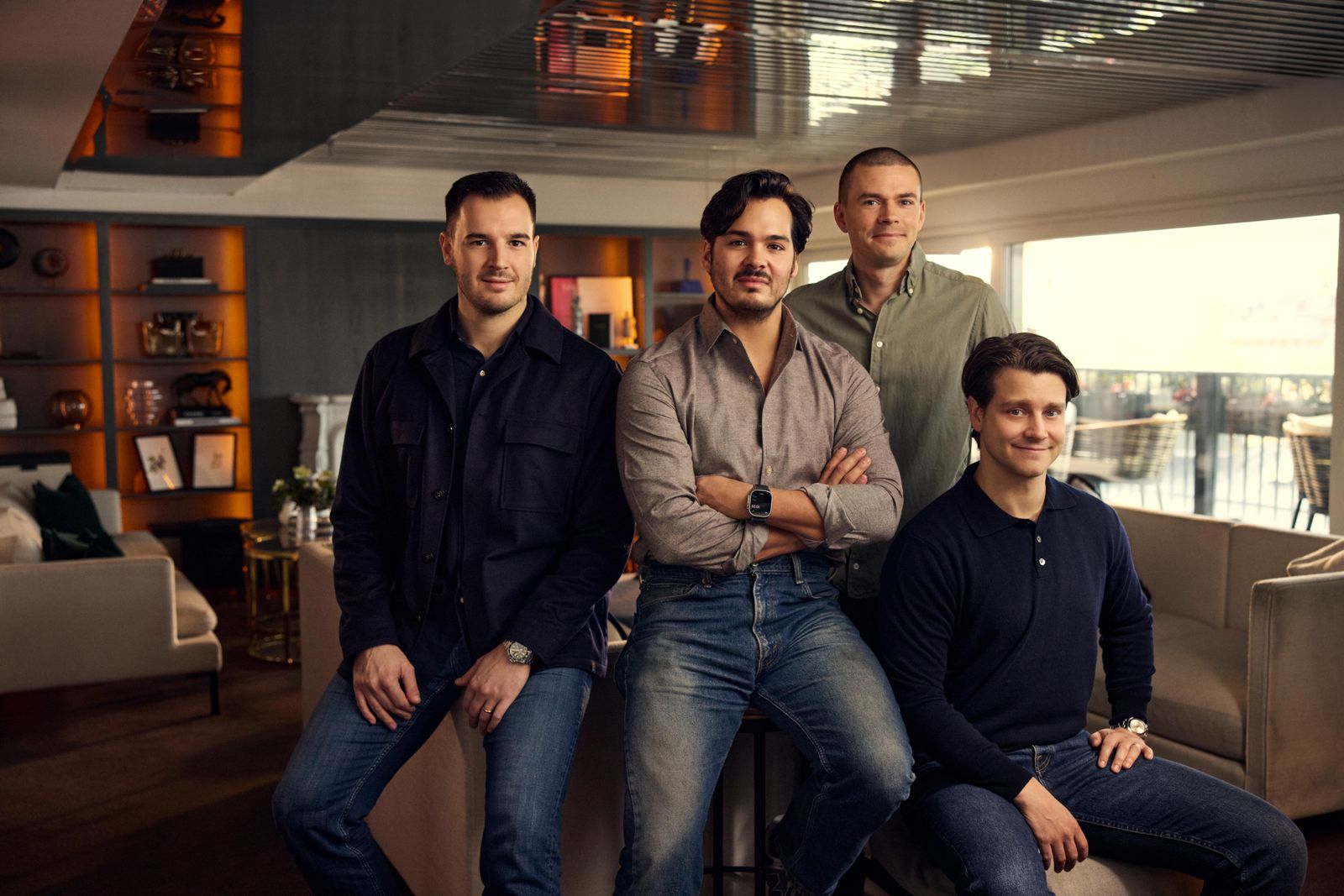"A great team can make almost any company or product successful. But when the chemistry is off, it doesn’t matter how great your product is, the company will fail."
Exiteering: The Hybris Story. Part 2: The Power of People


Part 1 of the Hybris story included lessons from Stefan Schmidt in evolving with innovation cycles and finding the right balance between scale and service. In Part 2, Stefan reflects on the importance of people when it comes to next steps…
Hybris delivers enterprise-grade customer interaction solutions to manage multi-channel retail and B2B sales relationships. Today, this includes sales management, marketing, commerce and billing cloud solutions.
A network of partners can help you grow faster.
It’s important to figure out what kind of partner network your company and product requires. Hybris had a network of technology partners (in-bound OEM) that provided technology we didn’t want to develop ourselves and a network of delivery, implementation partners who would deliver the software and the project to the customer. Hybris, however, always sold directly and hardly ever through partners. If your product has a certain degree of complexity you will find it hard to sell it through resellers. For Hybris this setup worked very well as it allowed every party to benefit greatly and focus on what they were good at: Partners selling consulting and delivering projects and Hybris building software and selling it.
Don’t assume your partners want to grow your business. They first and foremost want to grow theirs. Thus, you have the figure out what will incentivise them to grow your business. Getting that right is the key to a successful partner network.
Leverage the analyst community.
Getting exposure to and from industry analysts marked a huge step change in our credibility and market awareness. It took a long time for the impact to hit, and building meaningful relationships with analysts requires a huge amount of effort. But the effort paid off in three really important ways. It really focussed our thinking on what we were bringing to market and how we communicated it. It provided exposure and credibility (particularly going into the US market) that we simply couldn’t have achieved any other way at the time. And we could see a measurable spike in revenue tied to each analyst report in which we featured.
Analysts were one of the most important marketing tools in our armoury.
To grow internationally, you need people on the ground.
One of our founders, Carsten Thoma, knew that it would only be possible to break the US with senior feet on the ground. This ultimately led to him relocating to the US - as I had relocated to the UK a few years previously. We knew we wouldn’t have been able to effectively scale globally from Germany. Up until the iCongo acquisition, customers were wary of a European vendor. They were concerned that we weren’t established, or liquid enough. The US really stretched us in terms of having enough people to support our customers and partners, working across different time zones, and actually understanding US culture
Asia and Australia followed. Going into Asia isn’t a decision to be taken lightly. Europe is big, the US is bigger, but Asia is a completely different kettle of fish because it’s fragmented: you cannot view it as one homogenous market. The distances you have to travel, the time zones, the languages and customs all make for an interesting journey. You must have locals who speak the language and know the customs. Luckily we managed to recruit people who were a great link between Western and Eastern culture and really helped us to find our footing in these markets.
Going into a new market will always overstretch you, there’s never going to be a perfect time, and there will always be some element of having to figure things out as you go along. Having senior people on the ground in important markets is key as they can not only communicate best what you are offering but also bring along the culture that you want to establish in your satellites.
And the big take-away…
Hybris was always like a family. We worked hard and we played hard. People and hiring decisions, especially early on, were critical. Guenther Lampersdorfer, the early stage investor who stayed with us up until Hybris was sold to SAP, said one thing to me when I asked him why he was still investing money at a time Hybris really was on the ropes: ‘I am investing in you guys, not into the product.’ That really stuck with me and made me realise that a great team can make almost any company/product successful. But when the chemistry is off, it doesn’t matter how great your product is, the company will fail.
This story was taken from Notion’s The Art of Exiteering Report







